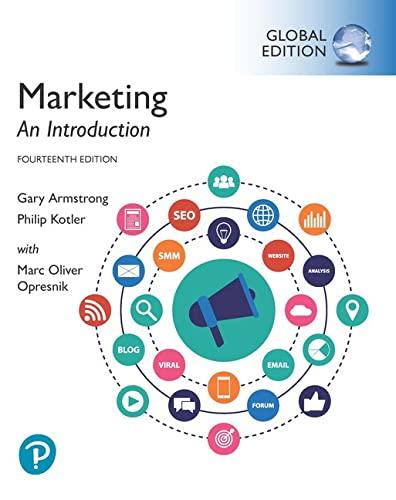Since the 1970s, Nestl and other companies have faced criticism about their marketing of infant formula to
Question:
Since the 1970s, Nestlé and other companies have faced criticism about their marketing of infant formula to families in developing countries. Their marketing has positioned formula as superior to breast milk and as a more modern way to feed babies despite emerging research findings that breast milk usually led to healthier outcomes for babies. Third-world women grew dependent on infant formula but began watering it down to make it last longer and save money, often with contaminated water.
This too often resulted in child malnourishment and other serious health problems and even death in some cases.
Nestlé has been accused by some child watchdog groups of using overly aggressive marketing tactics to sell its infant formula products. Nestlé targeted many new mothers with tactics such as providing samples, promoting products directly in hospitals and communities, and giving gifts to health-care workers and new moms. Other infant formula companies even hired saleswomen in nurses’ uniforms to drop by homes unannounced and sell potential customers on using baby formula rather than breastfeeding.
In April 2012, Nestlé acquired Pfizer’s infant nutrition unit, making it the biggest player in the infant formula market.
According to The Guardian, this business unit generates approximately 85 percent of its revenues from emerging markets, demonstrating that Nestlé and other infant formula companies are still capitalizing on consumers in emerging economies. An International Nestlé Boycott Committee began in 1984 to address this global issue and is still active today.
1.In a small group, conduct research on this topic and formulate a sustainable, responsible marketing plan for marketing infant formula across the globe. Present your plan.
2.Is it wrong for marketers to create wants where none exist in the marketplace in order to make profits? Support your answer.
Step by Step Answer:

Marketing An Introduction
ISBN: 9781292294865
14th Global Edition
Authors: Gary Armstrong, Philip Kotler, Marc Oliver Opresnik





